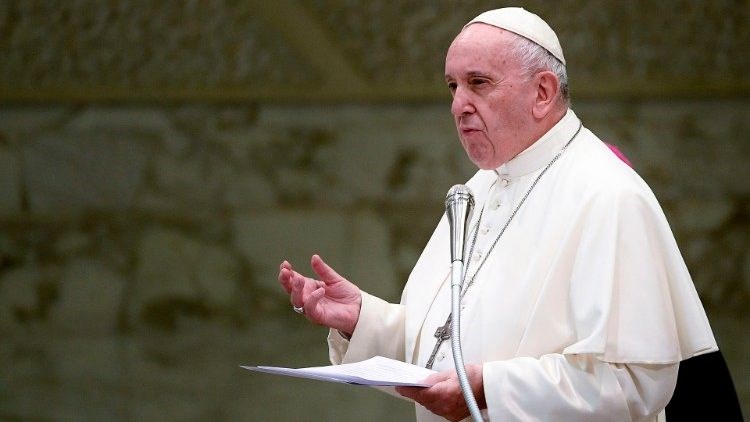Marie-Anne Day Walker-Pelletier of Okanese First Nation in southern Saskatchewan is to be one of 13 delegates representing the Assembly of First Nations at the Vatican in December.
Day Walker-Pelletier, who is a residential school survivor, said she plans to ask the Pope to visit a residential school site and deliver an apology and support for healing initiatives.
"As a chief for close to 40 years, I was dealing with those impacts (of residential schools)," she said.
"Loss of language, loss of culture, loss of parenting. Those are the things we continue to deal with today and to try to bring back what our traditional values were years ago."
Day Walker-Pelletier was first elected in 1981, when she was 26 years old; she served until 2020, becoming an Order of Canada recipient in 2019.
She also became a prominent youth advocate during her tenure — an experience she said will inform her meeting with the spiritual leader of more than a billion Catholics.
A Métis delegation to meet Pope Francis in December has chosen two representatives from Saskatchewan.
The Catholic Church operated about 60 per cent of resident schools in Canada.
Day Walker-Pelletier said the meeting needs to point to "a future direction of hope for our young people" to prevent them from experiencing the physical, spiritual, and emotional abuse that she experienced in residential school.
"We want to prevent that. (The Catholic Church) needs to be accountable for all those losses, (all) that they took away from me and from my mother and my grandparents," she said.
Day Walker-Pelletier's meeting with the Pope will likely be about 10 minutes long and will need to be translated.
That's why the delegates are meeting with each other in advance, to fine tune their message, she said.
“And while the apology from His Holiness is so important, it’s also important to think about what happens in a post-apology world," AFN Regional NWT and Dene Nation Chief Norman Yakeleya said in a news release.
Day Walker-Pelletier said it's vital that the Church support healing initiatives. There must be more support and funding for efforts based in her First Nation's traditions and language, she said.
"It's the intergenerational trauma that we need to deal with," she added.
"And that's the part that nobody really deals with."
She has a short window to deliver that message, but she's confident Pope Francis will hear it, she said.
"That's a test of how resilient we're going to be in terms of delivering that message. But I know we'll do it."
The Indian Residential Schools Resolution Health Support Program has a hotline to help residential school survivors and their relatives suffering trauma invoked by the recall of past abuse. The number is 1-866-925-4419.




